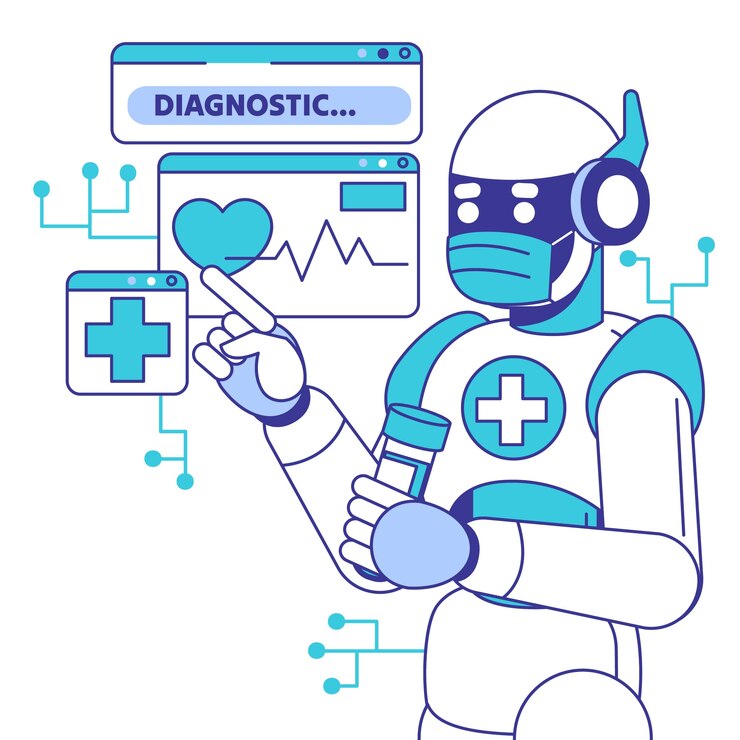In recent years, the healthcare industry has witnessed a significant revolution with the widespread adoption of Artificial Intelligence (AI) and smart apparatus. These technological advancements have brought about a myriad of benefits, from more accurate diagnoses to personalized treatment plans. However, alongside these advantages, there exists a set of drawbacks and limitations that need to be considered.
The Varied Nature of Health Data and the Limitations of AI
One of the key challenges in utilizing AI and smart devices in healthcare is the variability of health data from person to person. Each individual’s health profile is unique, shaped by genetics, lifestyle, and environmental factors. While AI algorithms can process vast amounts of data, a mere app or smart device may not be equipped to truly evaluate the nuances of each person’s health condition.

In cases of critical illnesses, where precise and comprehensive analysis is crucial, the expertise of a physician becomes indispensable. Human judgment, empathy, and experience play a significant role in understanding complex medical conditions and making tailored treatment recommendations that go beyond what technology alone can provide.
The Recent Controversy Surrounding Apple Watches
The recent decision to ban certain features of Apple Watches highlights the ongoing debate surrounding the use of consumer-grade wearable devices in healthcare. While devices like the Apple Watch offer convenient features for tracking cardiovascular metrics and promoting general wellness, they may lack the precision and reliability of physician-grade apparatus.
Apple Watches use optical sensors and algorithms to monitor heart rate, activity levels, and even detect irregular heart rhythms. While these features are valuable for general health monitoring, they may not meet the stringent standards required for medical diagnoses and treatment.
The Road Ahead for AI in Healthcare
Despite the rapid advancements in AI and smart devices, the journey towards achieving precise and significant growth in the healthcare industry is ongoing. Researchers and developers continue to refine algorithms, improve data quality, and collaborate with healthcare professionals to ensure the efficacy and reliability of AI-driven solutions.
Furthermore, it is crucial to acknowledge that current smart devices, such as smart watches, tend to focus primarily on cardiovascular issues, neglecting a holistic approach to healthcare. Addressing other health concerns and integrating a broader range of medical data into AI systems will be essential for advancing the field and enhancing patient outcomes.
In conclusion, while AI and smart apparatus hold immense promise for transforming the healthcare industry, it is important to recognize their limitations and the irreplaceable role of physicians in delivering quality and personalized care to patients. The balance between technological innovation and human expertise will be key in harnessing the full potential of AI in healthcare while ensuring patient safety and well-being.
